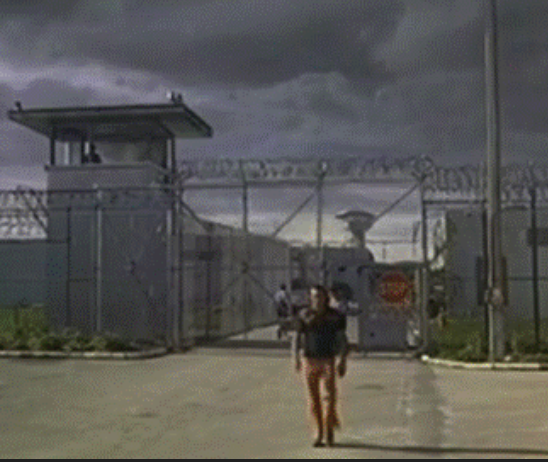 The Trauma of Reentry
The Trauma of Reentry
Being released from prison can be just as stressful as entering prison. Is that a News Flash? I think it is for most people.
Incarcerated people have few if any decisions to make about their daily life. They are told what to wear, and are given the food someone else has decided to provide. The days are ordered according to the facility’s schedule, and visits are determined by the visitor, not the inmate. After a while, the ability to chart one’s own daily life is impacted. It’s like requiring a person who had to use a wheelchair for years to suddenly stand up and start walking—right now.
For many reentrants, just the idea of coming home and seeing former friends and loved ones is fraught with apprehension. They worry if they can bridge the gulf of absence, which for some has been years or decades inside. They worry they won’t be able to get a job, or contribute at all to help pay for food and the roof over their heads. Often, they just feel they are extraneous, and that the family would be better off without them. With all that, it's no wonder why one study found that in the weeks following release, former inmates have a much greater risk of death due to drug overdose and suicide.
With a regular cocktail of discrimination, isolation, and instability, a reentrant can easily find that relationships can fail, homelessness can result, and finally, they may give in to substance abuse, recidivism, overdose, and, yes, even suicide.
Unemployment is one of the most common factors contributing to poor self respect, leading to depression and the psychological issues that can lead to self harm. When they say "Not much gets done without money," it is a tremendous understatement. With regular paychecks from a good job, all kinds of good things can happen. So many of the men and women who have found jobs through 2nd Chance Indiana have found freedom through work. We have stories of estranged wives and children returning to their now productive reentrant fathers, and reentrant mothers, re-gaining custody of their children because, with a good job, they can support them. The impact on children cannot be overstated: More than 55% of the children of incarcerated adults are minors.
Joblessness and recidivism are inexorably related, and while there is nothing we can do to make reentry easy, we know through job acquisition, we can and do make reentry easier for those who want a better life. We strive to offer a hand up, a kind word, and a second chance. It's what we'd all like if we were in a reentrant's shoes.
Nancy








